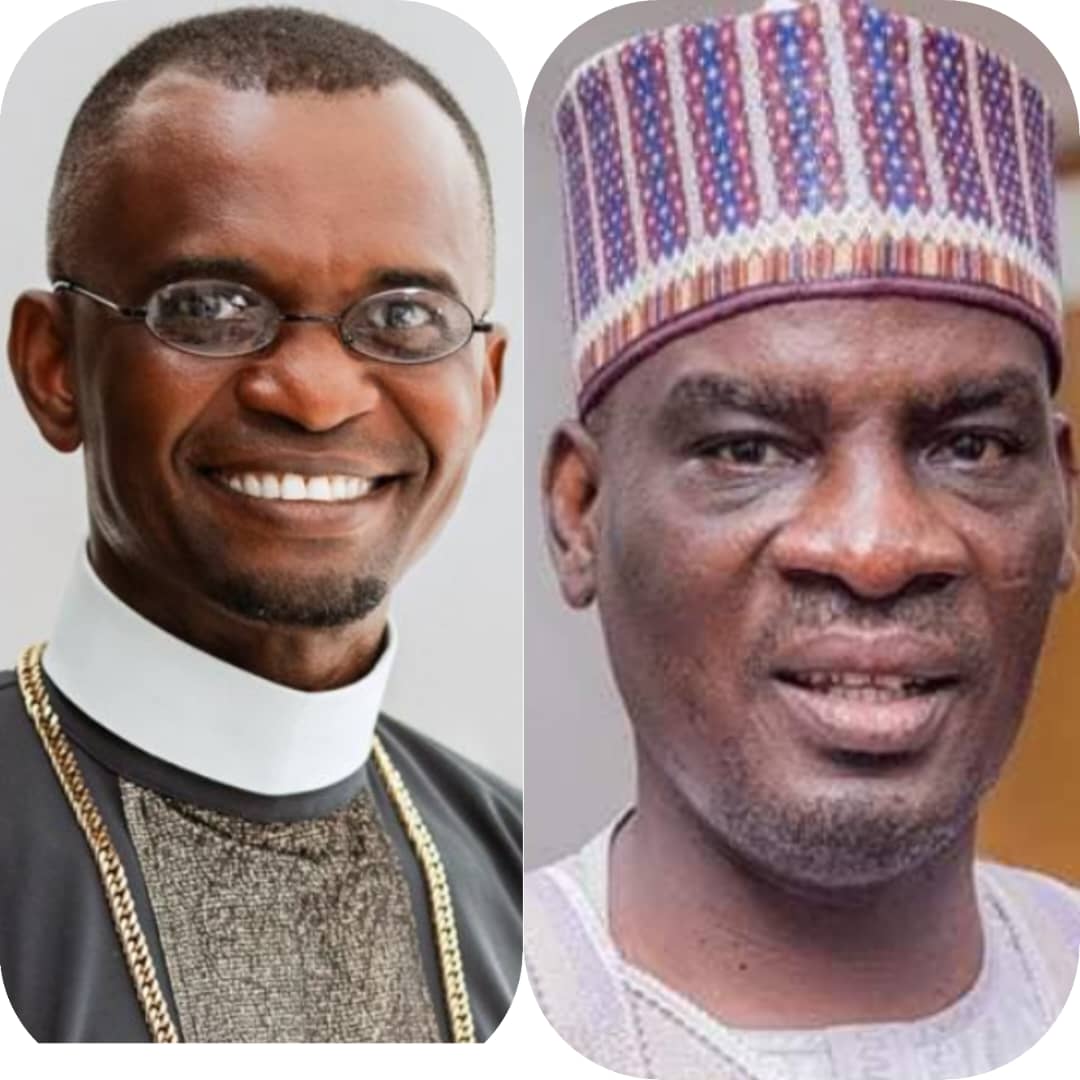
The divergence of views regarding military intervention could fracture the necessary solidarity and coherence required for the success of the operation.
In addition, the lack of resources within ECOWAS is a major obstacle that cannot be overlooked.
While some member states may possess reasonably equipped and trained military personnel, the collective resources of the organization may not be sufficient for a full-scale military operation.
Without the necessary resources, the intervention is likely to falter and ultimately fail.
Furthermore, Mr Green expresses concern about potential external interference from countries with vested interests in the region. These external actors could clash with ECOWAS’s objectives, thus creating a diplomatic impasse and significantly undermining the organization’s efforts.
Mr Green goes on to emphasize the risk of the military intervention escalating into a full-scale civil war.
The junta in Niger may have supporters who vehemently oppose foreign intervention including a vast citizens, leading to a counter-offensive that could result in substantial losses and casualties. This puts the mission at risk and decreases the chances of success.
Moreover, the lack of political support for ECOWAS’s mandate is a significant hurdle. Many African countries historically oppose military intervention, and even the African Union does not support such operations due to potential negative consequences.
This lack of political support could impede ECOWAS’s efforts significantly.
Inadequate planning and poor logistics planning are identified as a considerable threat to the success of the military intervention.
These issues may result in operational challenges that undermine the effectiveness and credibility of the operation.
Furthermore, without international recognition for ECOWAS’s intervention, its legitimacy could be called into question, hindering its chances of success.
The absence of recognition from the United Nations and other international bodies could have negative implications for the operation.
Additionally, Mr Green highlights the potential exacerbation of the ongoing humanitarian crisis in Niger as a result of the military intervention.
Innocent civilians may lose their lives or be displaced, further destabilizing the region and undermining ECOWAS’s credibility.
Concerns regarding retaliatory attacks on ECOWAS member states or their interests in the region are also significant.
Military intervention may provoke these attacks, leading to an escalation of the conflict and jeopardizing the intervention’s success.
Furthermore, Mr Green stresses the importance of developing a comprehensive exit strategy for the military intervention withich is very crucial.
Without such a strategy, ECOWAS members may be forced to stay in Niger for an extended period, depleting resources and creating long-term negative outcomes.
For example Ukraine vs Russia.
The potential domestic opposition within ECOWAS member countries is an additional factor that must be considered.
Opposition parties, civil society organizations, and sections of the military may oppose the intervention, causing political instability within those countries.
Moreover, the risk of conflict spilling over into neighboring countries and causing regional instability cannot be ignored. Escalation beyond Niger’s borders may spark a wider conflict, further complicating the situation, As Mali, Guinea, Burkina Faso and others started warning.
Diplomatic fallout is yet another consequence that could arise from military intervention.








